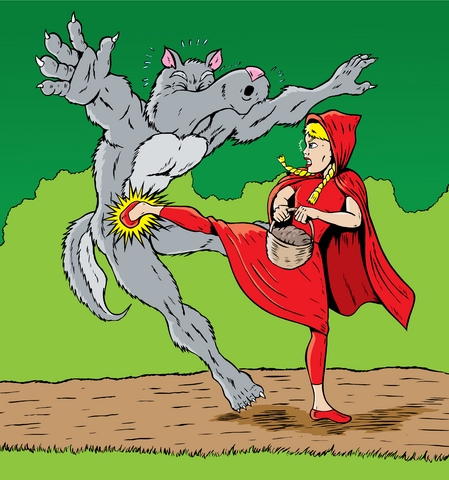In Defense of Prologues
image courtesy of Daniel Villeneuve via Dreamstime
In Defense of Prologues
A funny thing happened to me. I’d been reading and rereading literary agent Kristin Nelson’s blog about prologues in which she denigrates the vast majority of them. Read it here.
I’ll let you in on a secret: I LOVE prologues. Not only that, my novel Moonlight Dancer begins with one.
And this is why, like a dog worrying its wound, I keep returning to Ms. Nelson’s blog.
Let’s go through her major points.
- Nelson dislikes prologues whose sole purpose is to provide the reader with back story.
She gives one example of a prologue that works—a novel entitled Undone. Since I was at the library, I decided to check out her one stellar example of prologue, and so I brought home Undone by Karin Slaughter. Well, I felt the prologue did nothing but dump back story until the final page. I thought, Gotcha! It was then, returning to Nelson’s post, that I discovered I had not only proved her point about weak prologues but also inadvertently brought home the wrong novel. She was referring to Brooke Taylor’s Undone. Back to the library I go.
- Nelson hates prologues that are too long.
I hate anything that is too long, prologue or not. The longest prologue I ever read opens Empire Falls, clocking in at sixteen pages. Egads! That was tough to slog through given my impatience to jump into the story.
When writing this post, I decided to go back and reread the Empire Falls prologue. I enjoyed it even more the second time. It is rich in voice, setting, foreshadowing and historical perspectives. I couldn’t do without it, all sixteen pages of it.
But here’s my problem. Who decreed that prologues be written in italics? A final legacy from Philyra, goddess of writing, before succumbing to her life in leafdom? Publishers take note: couldn’t we please, pretty please, have a typeface for prologues that’s a tad easier to read?
- Nelson dislikes a prologue that differs in voice or style from the rest of the book.
I disagree. A book that comes to mind is Black Rose by Nora Roberts. The prologue is narrated from the point of view of a 19th-century kept woman soon-to-be-ghost and necessarily contrasts with the strong no-nonsense contemporary businesswoman of chapter one.
One of this ilk I feel sure Ms. Nelson and I would agree on is the prologue to The Red Queen by Margaret Drabble in which the author describes her writing process and trepidation of cross-cultural toe-dipping. This is interesting stuff, particularly to me as a similar toe-dipper, yet it is not a prologue. I would rather it not interfere with my immersion in the story.
- Nelson takes exception to prologues that introduce action merely to engage the reader with the story.
Yes, but this seems symptomatic of a bad book rather than an ineffective prologue. One book that opens with an action prologue is Water for Elephants. Yet the prologue is justified in that it creates a tension-filled momentum that draws the reader forward. It also provokes reader questions: who is the murderess, what precipitates this action, why does the narrator feel he can influence her from afar?
- Nelson disavows prologues in which the evil character foreshadows the conflict.
I’m thinking of Looking for Mr. Goodbar. I recall feeling slightly unclean, uncomfortably voyeuristic when I started reading. As readers we know what’s coming; we find ourselves treading the inexorable conveyor belt to tragedy, feet locked in place. This book from my youth I doubt I would read today.
Despite Ms. Nelson’s interesting article, I still love prologues. For further reading, check out these novels. (Not an exhaustive or representative group, just what I grabbed off my shelf.) that is, with one exception. The winner in the best prologue to date category belongs to One True Thing by Anna Quindlen.
The Innocent by Harlan Coben
The Deep End of the Ocean by Jacqueline Mitchard
Midwives by Chris Bohjalian
A Mango-shaped Space by Wendy Mass
Stay tuned for next time. I’m going to post my very own prologue—GULP—and you can measure it against the Nelson-ometer.
